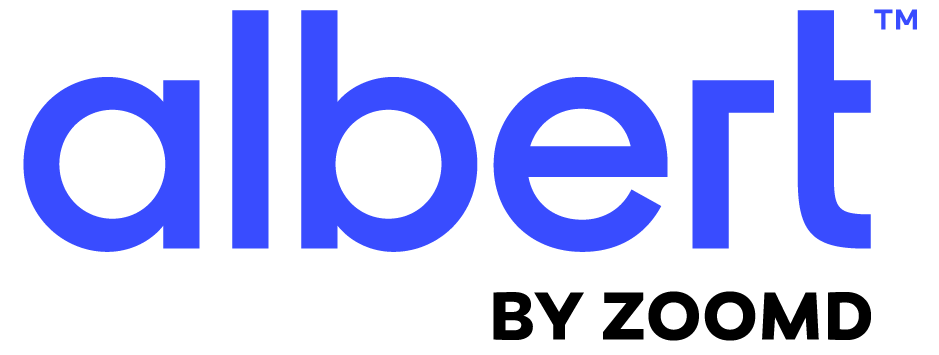Why We’re Not Panicked About The Future Of Third-Party Cookies
02/12/2021

Google announced recently that it will bolster privacy protection online by joining Safari and Firefox in blocking third-party cookies in its Chrome web browser by eventually phasing them out “within two years.” This is mostly relevant for retargeting and attribution outside of Google and Facebook’s platforms.
Unlike many ad tech solutions, Albert has never been reliant on third party cookies to deliver performance because the platform is built to combine ongoing analysis with execution. For example, instead of being dependent on cookies for attribution, Albert uses continual lift testing to find the effect of campaigns on bottom-line revenue. This is a far more robust methodology than using cookies to track conversions.
Albert is architected this way because the system is responsible for the allocation of budget. In order to do this well, it is critical Albert has the best data to understand at any moment what is working. This is the difference between a platform that actually controls execution and those that are designed to assist in campaign management or simply provide attribution reporting.
While the next two years may bring uncertainty for much of the ad tech ecosystem, it does not for us. Albert is built on top of Google and Facebook and operates each publisher’s tools far beyond the capability of humans. We anticipate that Google and Facebook will develop and roll out new solutions within their platforms for tracking on the open web. As they do that, Albert will immediately be positioned to take advantage of them as a preferred tech partner of both publishers. Alternatively, if clients would rather use other new technologies for attribution or verification, the data will be able to flow into Albert in the same way we are able to receive it today.

